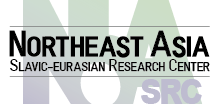Annual Conference of the Association of Borderlands Studies @ Reno,
Nevada April 13-16, 2016
The UBRJ team at Hokkaido University and KUBS team at Kyushu University attended the annual conference of the Association of Borderlands Studies in Reno, Nevada on April 13-16, 2016.
In this year's conference, there was a particular emphasis on gender and border, as Kathleen Staudt (University of Texas at El Paso) organized two back to back panels titled, "Gendering Border Studies I" and "Gendering Border Studies II".
In the panel titled "Gendering Border Studies I", three speakers took the stage including Kathleen, Naomi Chi (Hokkaido University) and Guadalupe Correa-Cabrera (University of Texas at Rio Grande Valley). Kathleen kicked off with her presentation titled, "Biopolitics in These Neoliberal Times," in which she pointed out how gender, as a social construct, has been explored and examined in the social sciences and humanities, however, very little in border studies. She emphasized the importance of "gendering" border studies, as the key themes of biopolitics, such as gendering and migration journey, gendered violence on the borderlands and gendered encounters with border politics are very much the "realities" that place at the border. This was followed by Naomi Chi's presentation titled, "Growing Pains?: Foreign Brides in Japan and Korea" which explored the sometimes dangerous migration journey of Asian brides to Japan and Korea, more specifically, from developing countries such as Vietnam, the Philippines, Mongolia and rural parts of China to marry rich men in the two respective countries. The last speaker, Guadalupe Correa-Cabrera presented her work titled, "Migration and Trafficking along Mexico's Southern Border: The Unintended Consequences of Mexico's Southern Border Plan and the Re-victimization of Vulnerable Groups" in which she explored the women's agency in the trafficking activities in Mexico's southern border.
The second part, "Gendering Border Studies II", brought together three speakers including Kimberly Collins (California State University at San Bernardino), Patricia Barraza De Anda (Universidad Autonoma de Ciudad Juarez) and Irasema Coronado (University of Texas at El Paso). The panel kicked off with Patricia presenting her work titled, "The Role of Municipal Authorities of Women in Mexico: The Creation of the Juarez Municipal Institute of Women in Ciudad Juarez, Chihuahua, Mexico," looking at the roles of female authorities in Juarez and how that is bringing about reforms in the area. Next speaker, Kimberly, presented her work titled, "Globalization of Economies and Terror: A Feminist Response to Creating More Viable Border Security Institutions" in which she explored the need to give feminism a voice again in response to the backlash against women's rights and reproductive freedom and to include the impacts of globalization on people. Last but not least, Irasema presented her work titled, "Family Politics at the Border: Security Policies that Separate Refugee and Aylum-seeking Parents" where she examined the impact on children of families deported from the U.S. She showed that the policies on deportation is just recycling of old policies which has severe negative impacts on the children. She emphasized that policies need to change in order to conduct practice for the best interest of the children because the impacts can be detrimental and irreversible.
It is the hope of all the speakers of the two panels that this new endevour of trying to incorporate the gender factor into border studies will become a new trend in the annual conference. Special thanks goes to Kathleen for organizing the two panels.
(Written by: Naomi Chi)

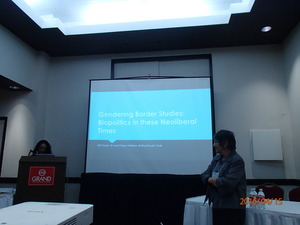
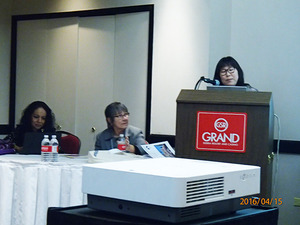
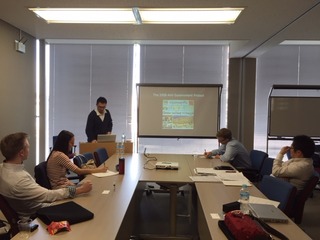
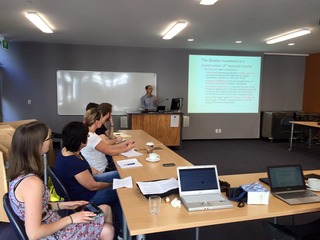
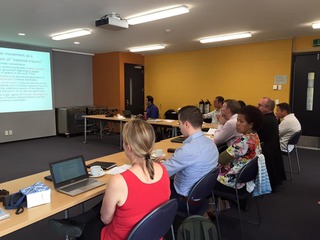
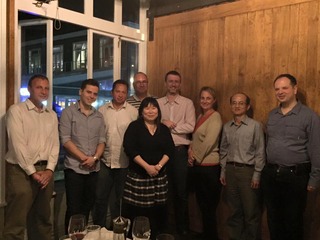
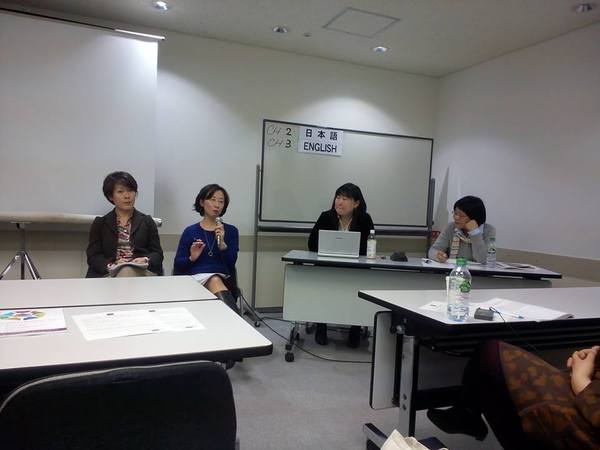
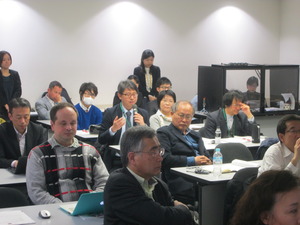
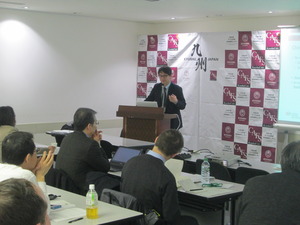
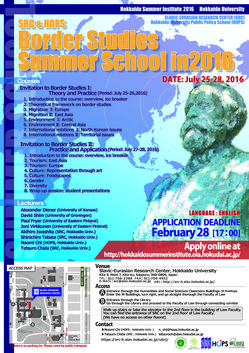
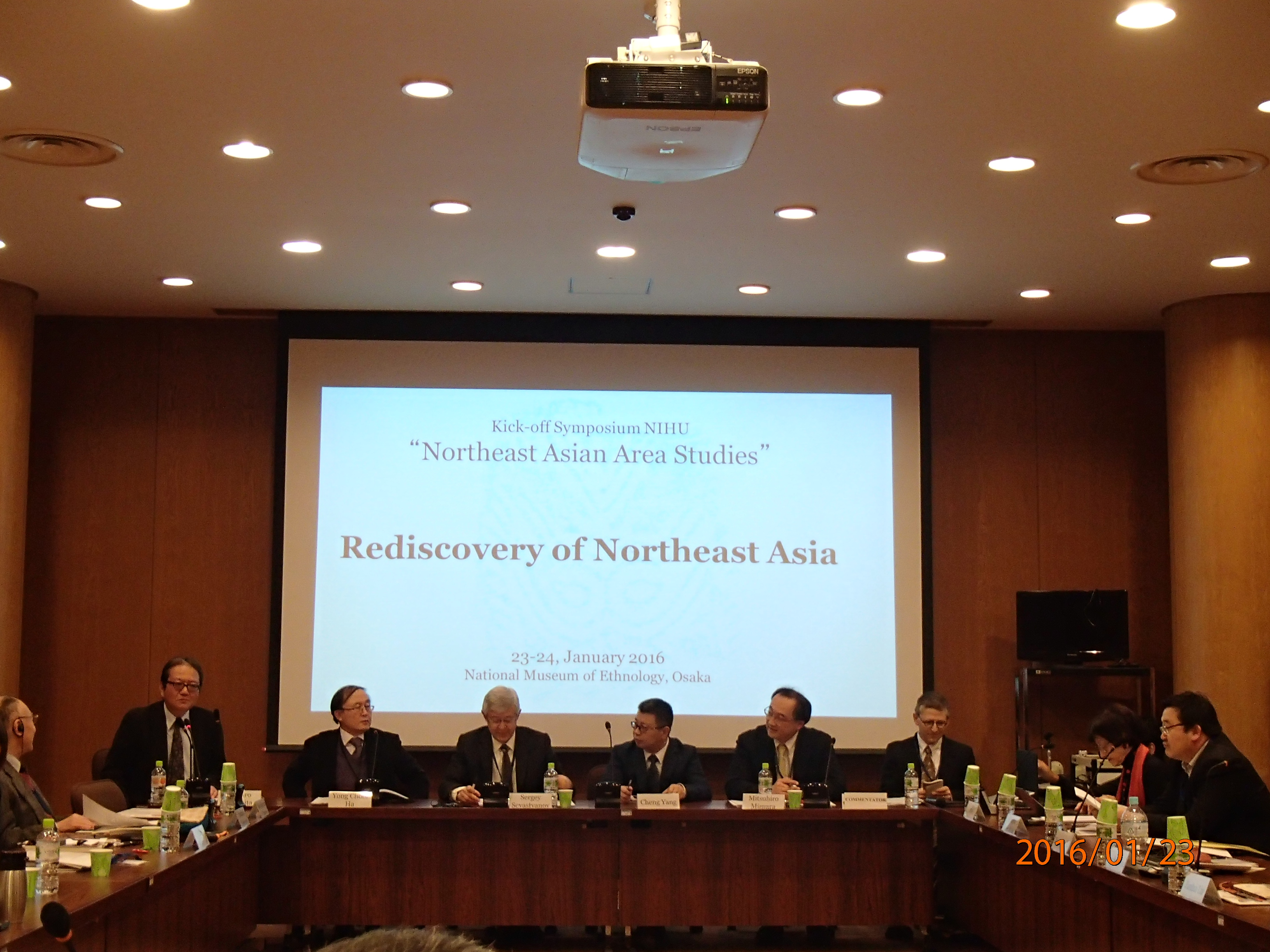 Session 1 (left to right: Akihiro
Session 1 (left to right: Akihiro 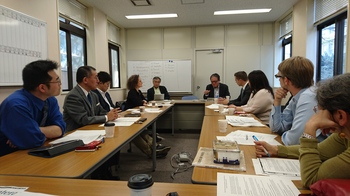
 Eurasia Unit for Border Research (Japan)
Eurasia Unit for Border Research (Japan)




